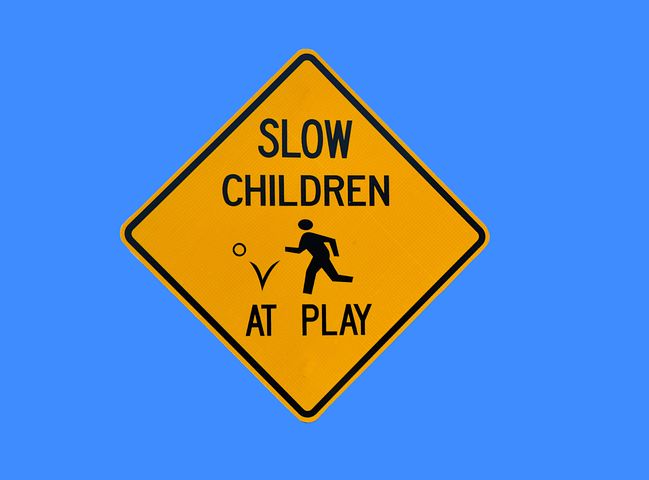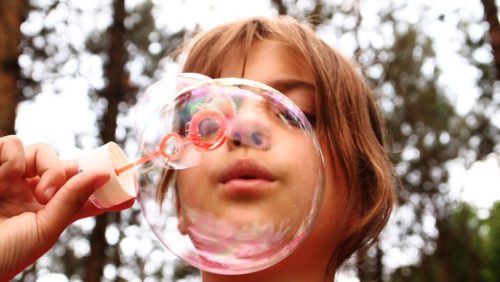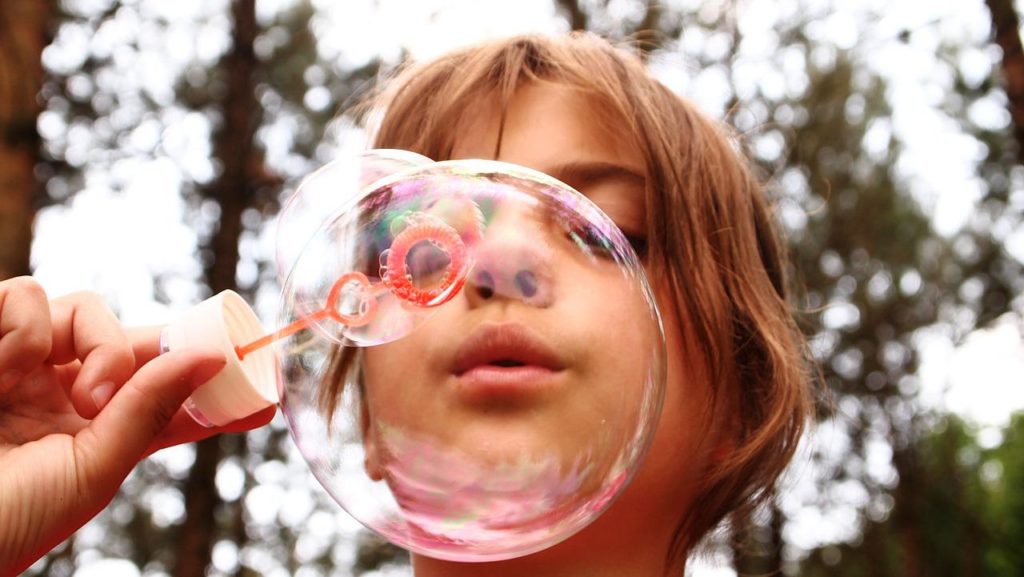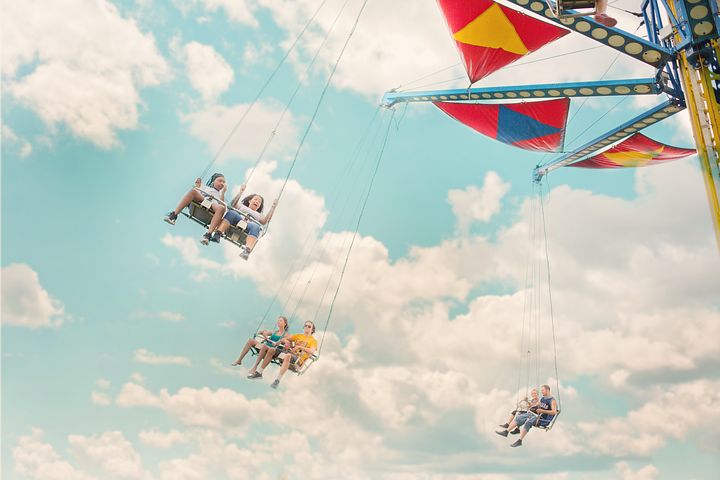
Typically, adults don’t play much. We’re too busy worrying. We eat, drink, binge on various substances, accomplish things, go to the gym, fret about spouses and kids and health and mortgages. We go to school, go to work, seek continuing education in a competitive world, push buttons on keyboards and phones, organize data and plan for the future. None of these activities constitute “play.”
Sometimes, we go on vacations, and if we’re lucky, manage to gradually get into a groove that reminds us of what play once felt like. Unfortunately, by the time we reconnect with this state of mind known as “play,” our departure date has arrived and it’s time to go home.
The “Useless” Play of Childhood
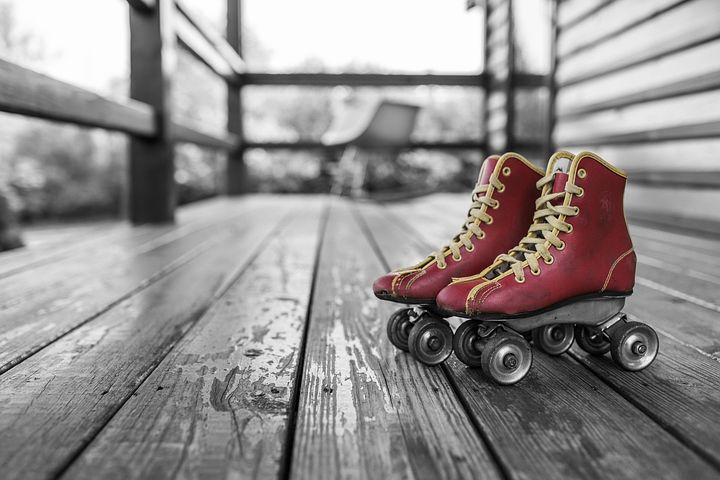
The kind of play that comes naturally to kids can feel foreign to many adults. Over time, as children grow into adolescence and early adulthood, the capacity for spontaneous, creative play decreases. The focus shifts away from pleasure and toward achievement. In our production and performance-oriented culture, socialization is a movement toward activities that yield measurable gains.
In the best of circumstances, our capacity for play is channeled into other more “useful” activities. The “useless” play of childhood becomes a relic of the past. It’s hard to remember that there was actually a time in our lives when we could turn a piece of paper into an elaborate snowflake, or a set of restaurant crayons into a multi-layered rainbow universe, or couch cushions into a secret hideout, or thin air into a game of tag.
Play without a purpose, loud, funny, messy play… where does it go? What happens to the delight of roller skating, of air-borne feathers drifting onto our heads during a lull in a pillow fight, of hiding and seeking, of just the right combination of competition, fun and pushing oneself to an edge?
The Damage of Adultification
Finding ways to play again in your adult relationship can help counterbalance hyper-reponsibility and an endless, gloomy productivity focus. We’ve been so thoroughly “adultified” in our culture that we sometimes forget to ask why we’re working so hard. The adultification process affects every aspect of who we are: mind, body, and spirit. It takes commitment to undo the damage it causes. Of course, it shouldn’t necessarily be completely undone. We are adults. Most of us need to work, pay taxes, vote, make sure we and our family members eat, wear clothes, attend school, and have safe spaces like a home or an apartment to retire to for comfort, downtime, relaxation, and comfort. As adults, we need to arrive at locations more or less on time, weigh options, be cautious about investments, and get the pipe’s bled before a harsh winter storm.
But couples pay a price when they forget how to play in their relationship, when they lose sight of the things that bring them pleasure, joy, and delight. Sometimes, couples know what pleases them and they have lost their sense of entitlement to it or put it on the back-burner because it’s not something that “palpably benefits” them in the form of a contribution into their 401K or some other measurable benefit. The price of forgetting how to play in a relationship is vitality. It’s hard for couples to stay engaged with one another if they’re running on empty, burnt out, and joyless. Play fuels connection. It lubricates the joints of any long-term commitment.
Serious, Down-and-dirty Play

When adultification overtakes a person to the point that they forget the importance of play, generosity, tolerance, creativity, exuberance and warmth diminish. “We just stopped having fun,” couples sometimes tell me when they first come in for therapy. Adultification needs to be counterbalanced and managed with serious, down-and-dirty play. Just as certain chronic diseases can be managed with pain medication, if you’ve been adultified, you should consider putting yourself on a daily play regimen.
You can turn up the music and sing loudly in your car, you can dance in a store aisle, you can get (or borrow) a puppy, take them for a walk, find a frisbee and throw it around with a friend in a grassy field. You cab reminisce as you sip hot chocolate in a log cabin. You can jump up and down in a crowd yelling, “I’m defying gravity” until you’re breathless. Find human play partners, not screens. Tell someone a joke. Shoot hoops.
There are countless opportunities for play in our lives once we start looking for them. Take time every day to counterbalance your responsible, cautious, task-oriented, relentless purposefulness and usefulness with some form of complete and utter joyful silliness, ideally in a back-and-forth exchange with another flesh-and-blood human being… like your partner.

